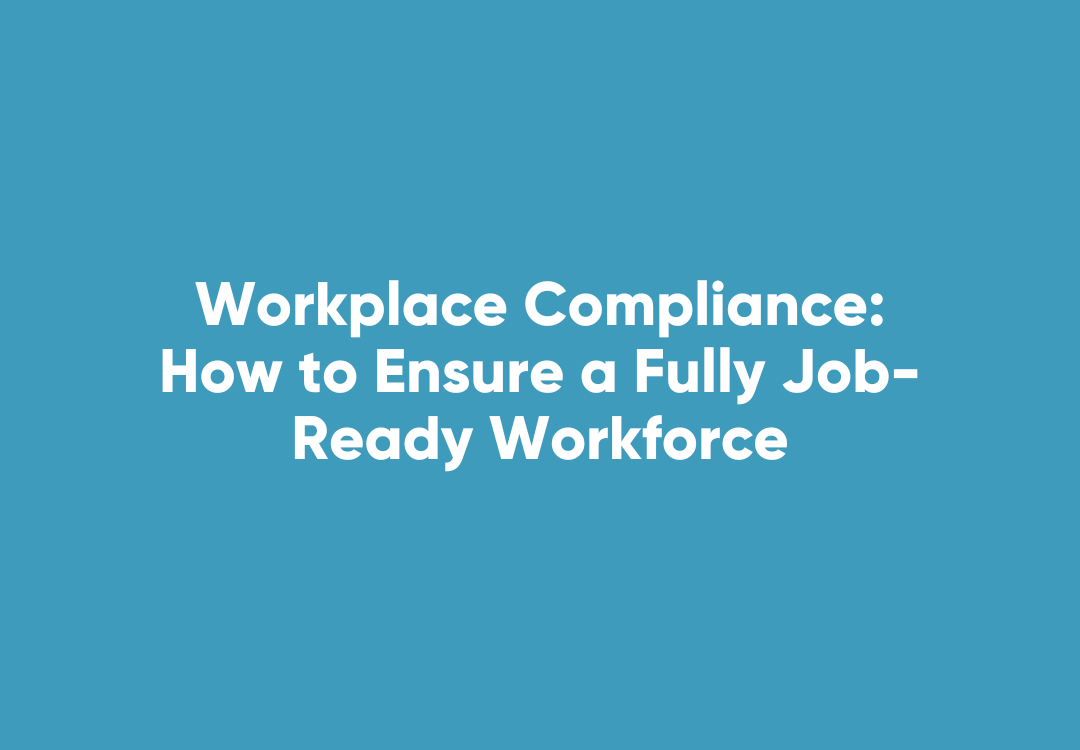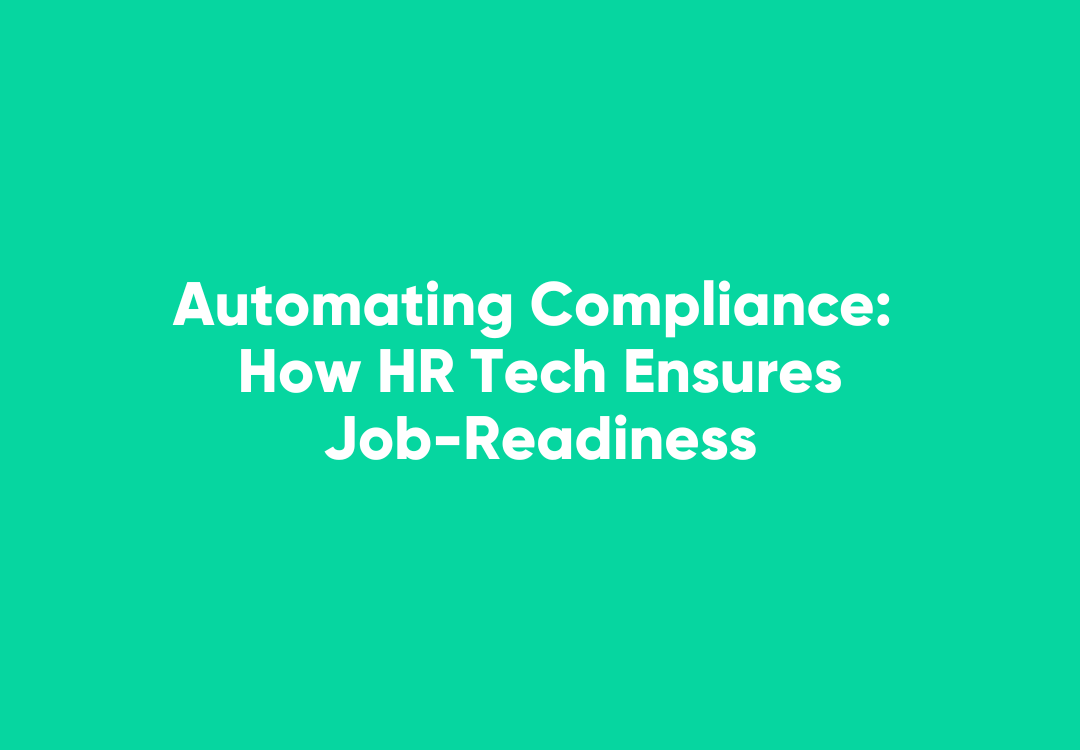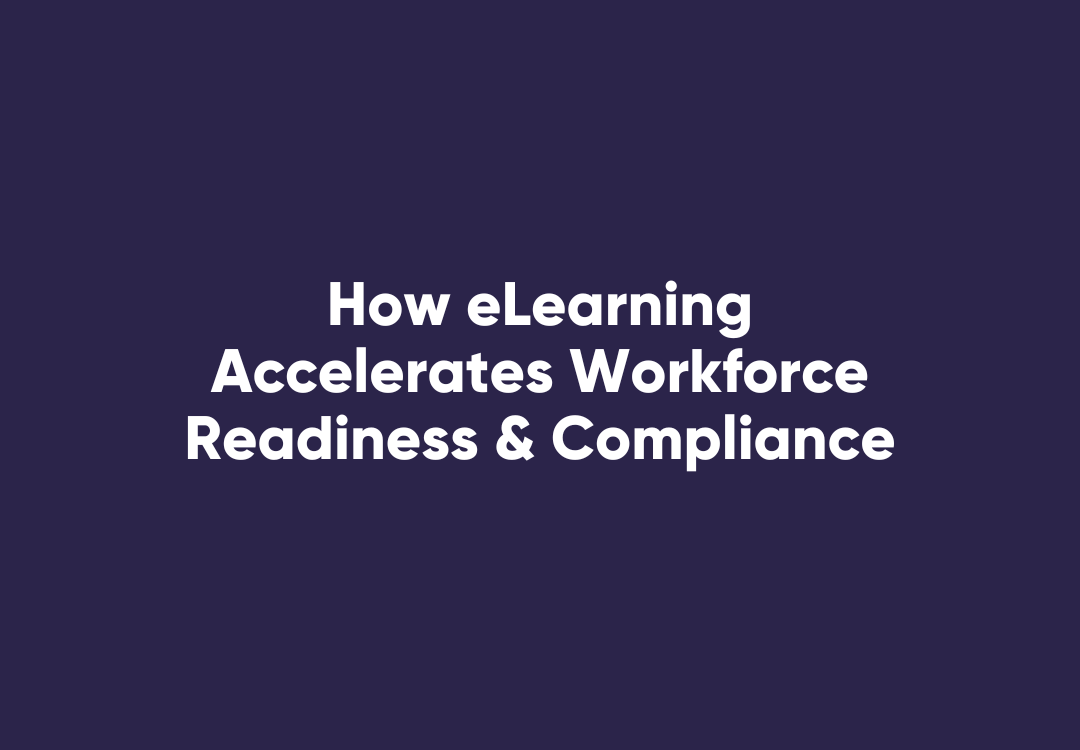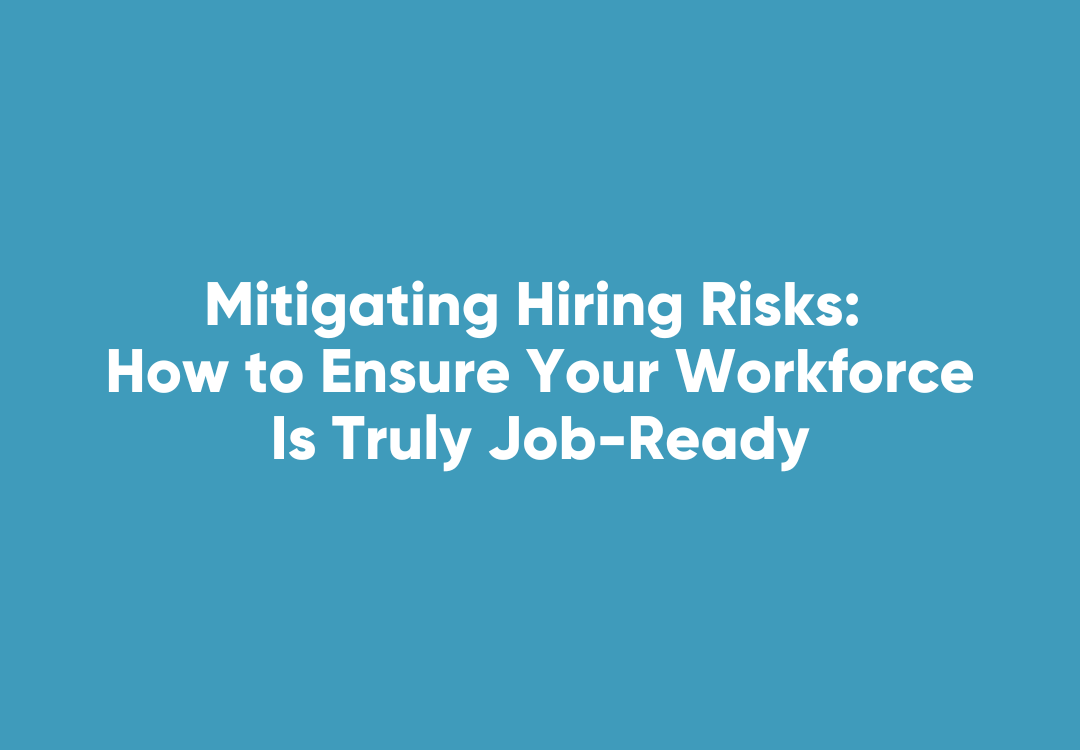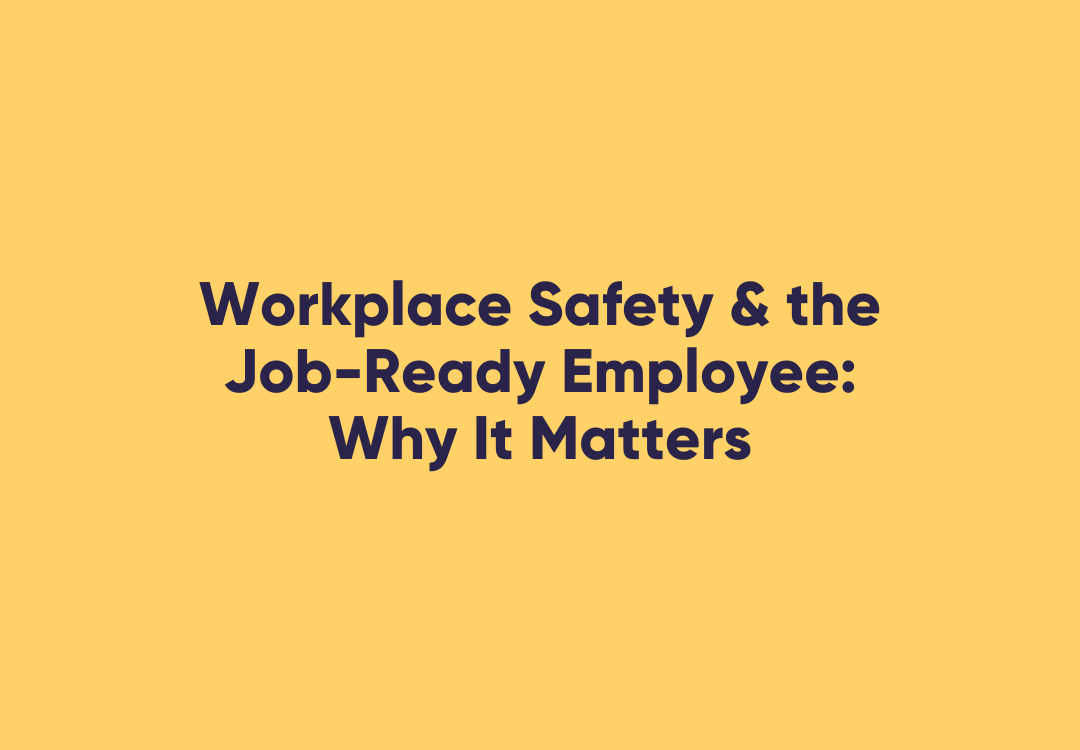Proactive v Reactive Safety
We are often quick to call out workplace health and safety breaches that have resulted in prosecution or are likely to result in prosecution, such as the Dreamworld tragedy that occurred at the end of 2016.
Reporting on case law is a way of educating the community about the expectation of keeping people healthy and safe. We can learn a lot from analysing cases heard before the court as they set precedence. At the same time, it’s just as important to learn from cases where it has been determined that a duty holder, such as a Director as an officer under health and safety law has carried out their due diligence.
For executives, the recent case Safework NSW v Omega International and Shetty [2016] NSWDC 11 highlights the importance of taking a proactive approach to health and safety. The incident involved a fire in a workplace that was started when a worker failed to comply with the company’s safe systems of work.
The NSW District Court dismissed SafeWork NSW’s claim that the director should be found vicariously liable for the worker’s failure to follow instructions, because the company failed to assess and remove the risks arising from its operations. The court determined that the company’s failures “were not of a systematic nature”, rather, it was a result of the workers conduct not accepted by the systems of Omega International.
The Director avoided liability and prosecution as the court found he had exercised due diligence. Initiated by the director, the company had
- employed an industrial chemist with 30 years’ experience in the paint manufacturing industry to assist in managing WHS risk;
- engaged a consultant to prepare hazard analysis;
- implemented a safety management system and a safety manual; these documents prescribed operating procedures for liquid transfers, including the mandatory attachment of static leads between host and recipient vessels;
- provided workers with intensive training on the dangers of ignition sources, and employed another chemist who developed a risk assessment process for a number of work procedures including decanting.
This is a great example of a Directors’ due diligence in force. However, there are many Directors/senior leaders who are unaware that they hold such obligations.
If you are a senior executive who makes, or participates in making, decisions that affect the whole, or a substantial part of the business or undertaking, then you are an officer and hold work health and safety due diligence obligations.
So, the next question is, what do you need to do to meet due diligence?
If we take the definition from the dictionary, due diligence means the care that a reasonable person exercises to avoid harm to other persons or their property. In very simple terms, we can say that due diligence is a process that involves:
- doing research on a topic;
- thinking things through;
- making decisions based on the outcomes of your research;
- planning ahead
Now if we take due diligence and put it in the context of work health and safety, the same meaning applies, however in work health and safety legislation there is a bit more oomph in its definition:
At a minimum, an officer must take reasonable steps to:
- acquire and keep up-to-date knowledge of work health and safety matters
- gain an understanding of the nature of the operations of the person conducting a business or undertaking (PCBU) and generally of the hazards and risks associated with those operations
- ensure that the PCBU has available for use, and uses, appropriate resources and processes to eliminate or minimise risks to health and safety from work carried out as part of the business or undertaking
- ensure that the PCBU has appropriate resources for receiving and considering information regarding incidents, hazards and risks and responding in a timely way to that information
- ensure that the PCBU has in place and implements processes for complying with any duty or obligation of the PCBU under the Work Health and Safety Act, and
- verify the provision and use of the resources and processes referred to in paragraphs c to e above.
(Model Work Health and Safety Act, 2011)
Essentially, as an officer (an individual duty holder), it is important to take reasonable steps to ensure that the business uses and applies appropriate resources, policies, procedures and health and safety practices. The due diligence obligation recognises that the behaviour and decisions of Officers of a PCBU:
- determine whether the PCBU complies with its work health and safety duties, and
- strongly influence the health and safety culture of businesses and undertakings
Key to getting health and safety right is to take a proactive approach;
- Keep abreast of health and safety legislation, standards and guides relevant to your business;
- Gain insight into your operational activities and the risks they present to workers and others;
- Establish short and long-term strategy for managing health and safety in the workplace;
- Continuously involve your workforce in the planning and implementation of safe systems of work; and
- Monitor the effectiveness of the health and safety management system
Naturally your approach, processes and practices need to be documented, reviewed to a continuous improvement process, and reported.
WorkPro also offers a free ‘Officers Due Diligence’ learning module. Contact WorkPro to take advantage of this opportunity.
© Copyright 2025 WorkPro Privacy Policy | Terms of Service | Terms of access




